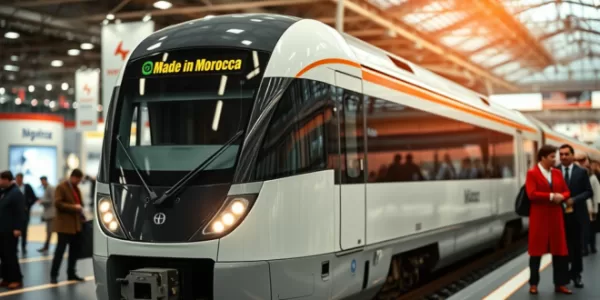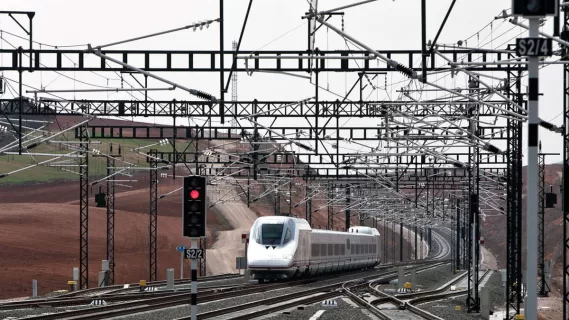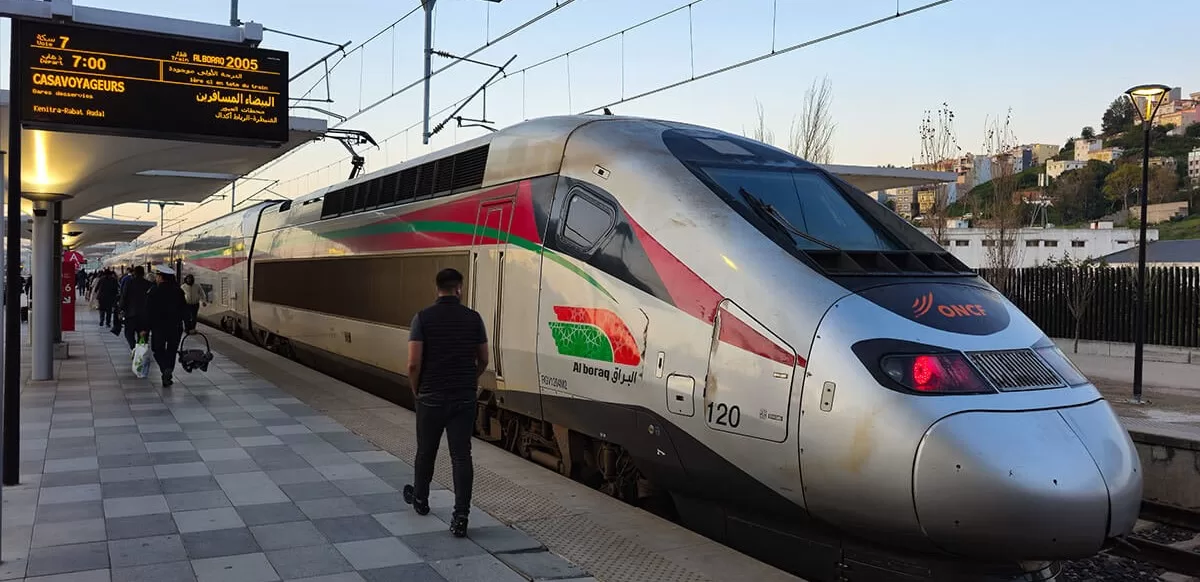The government of Morocco has awarded the Spanish state-owned engineering company Ineco a significant rail contract. The scope of the contract entails conducting feasibility studies and preliminary design work for urban rail services in Tangier and Tetouan. The project, which represents Ineco’s largest ever contract in Morocco, involves four key components. These components total over 85 km of new rail lines to increase passenger capacity on medium-distance routes. Furthermore, in Tangier, the planned work will connect the city center with the football stadium and airport. These plans are arranged for the 2030 World Cup preparations. A feasibility study will also be carried out for a new rail line linking Tangier with Tetouan. Ineco will collaborate with the local firm CID on the 14-month contract, which has a budget of €2.7 million. The project was awarded by Morocco’s national railway operator, ONCF.
The Significance of the Ineco’s Rail Contract in Morocco
The significance of Ineco’s rail contract in Morocco is one that is set to propel the nation’s transport system further. Firstly, the project is part of Morocco’s 2040 Rail Strategy. This is a long-term plan to develop the country’s rail network based on analysis of future transport needs. Secondly, the strategy aims to create a dense, interconnected network of regional and shuttle trains, contributing to territorial development policies. Morocco plans to increase rail connectivity from 23 to 43 cities and link a dozen ports and 15 airports. This will eventually extend public transport access from 51% to 87%.

Furthermore, this will generate approximately 300,000 jobs for its citizens. This project represents the largest contract in the company’s history in Morocco. It also establishes an opportunity for collaboration with the CID. Considering the connection with the existing network and the 85 kilometers to be constructed, there are studies to be done for railway operation. The objective is to identify current problems and define the size and design of the infrastructure required to handle the future air traffic increase.
Also read:
375km Kentira-Marrakech high-speed railway Tender Issued in Morocco
State of Affairs on the project
Morocco’s bid to purchase 168 high-speed trains includes those to be used on the new lines under construction or to replace older trains on existing lines. Ineco’s rail contract in Morocco is part of a comprehensive modernization of the country’s rail sector. The ONCF has stipulated that any company awarded this contract must manufacture the trains wholly or partially in Morocco. In addition, the company will also be required to set up specialized factories for the production of said trains. Morocco’s rail projects are expensive in a country with limited resources but also ambitious. Moreover, the projects are not least in terms of economic development. France, which led Morocco’s first move into high-speed trains, fears losing its foothold to powerful Asian competitors or even its neighbors in Madrid.

A recent delegation to Rabat from Paris discussed French firms’ prospects of securing Moroccan rail projects, but the Spanish are fighting for the same work. Spain and Morocco are discussing an underwater tunnel and want to integrate that project with wider initiatives to link the continents. Morocco aims to demonstrate its advanced global infrastructure, and the World Cup in 2030 is a chance to showcase its appeal to tourists and investors. At the same time, it must meet the challenges of economic, social, and regional development. Extending its rail links will forge connections, as rail links always do, which amounts to an international project with continental aspirations. This is meant to be an achievement encapsulated in Ineco’s rail contract in Morocco.
Also read:
Morocco’s 450 Kilometer Kentira-Marrakech High Speed Rail Contract Awarded
375km Kentira-Marrakech high-speed railway Tender Issued in Morocco

Leave a Reply